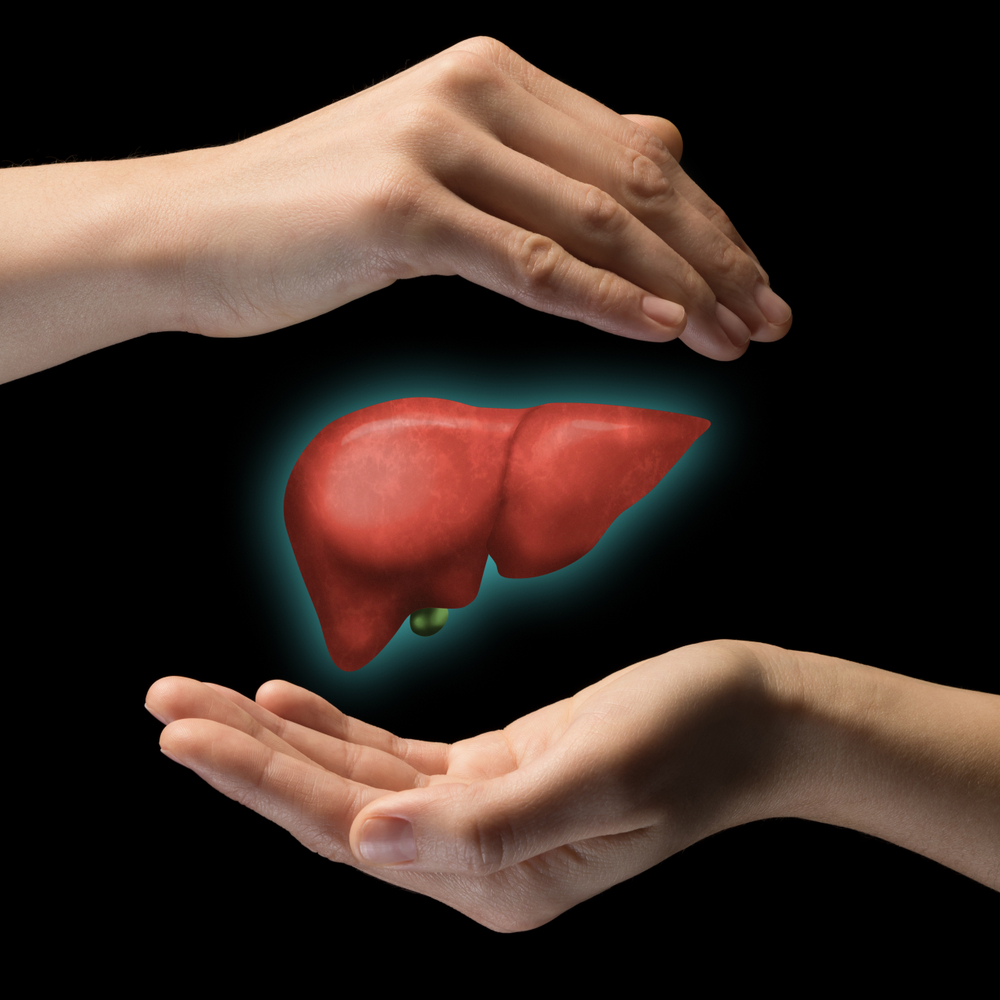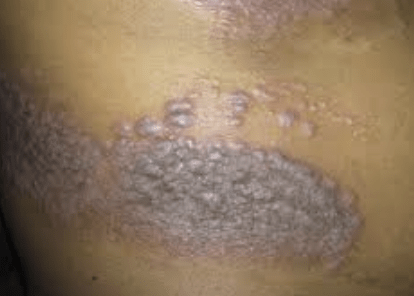Researchers evaluated tapinarof cream, a topical agent that affects the expression of interleukin-17, filaggrin, and loricrin, for the treatment of plaque psoriasis. In their article, published in The New England Journal of Medicine, they reported that once-daily tapinarof 1% cream ameliorated symptom severity better than the vehicle cream control; however, tapinarof cream was associated with local adverse events and headaches.
The investigators enrolled 1,025 patients with mild-to-severe plaque psoriasis into 2 identical phase 3 trials, with 510 patients in trial 1 and 515 in trial 2. Each trial randomized participants 2:1 to use tapinarof 1% cream or a vehicle control once daily for 12 weeks. The primary measure of the trials was Physician’s Global Assessment (PGA) response—defined as a PGA score of 0 or 1 and a 2-point decrease from baseline by Week 12. Additional endpoints included improvements in Psoriasis Area and Severity Index score and mean change from baseline body-surface area affected.
In trial 1, 35.4% and 6.0% of patients achieved a PGA response in the tapinarof and vehicle groups, respectively. In trial 2, 40.2% and 6.3% of patients in the tapinarof and vehicle groups, respectively, achieved a PGA response (P<.001). Adverse events associated with tapinarof cream included folliculitis, nasopharyngitis, contact dermatitis, headache, upper respiratory tract infection, and pruritus.
The study’s authors called for future trials to further examine the safety and efficacy of tapinarof cream—particularly compared with existing treatments for psoriasis.
Reference: Lebwohl MG, Stein Gold L, Strober B, Papp KA, Armstrong AW, Bagel J, et al. Phase 3 trials of tapinarof cream for plaque psoriasis. N Engl J Med. 2021;385(24):2219-2229. doi:10.1056/NEJMoa2103629









